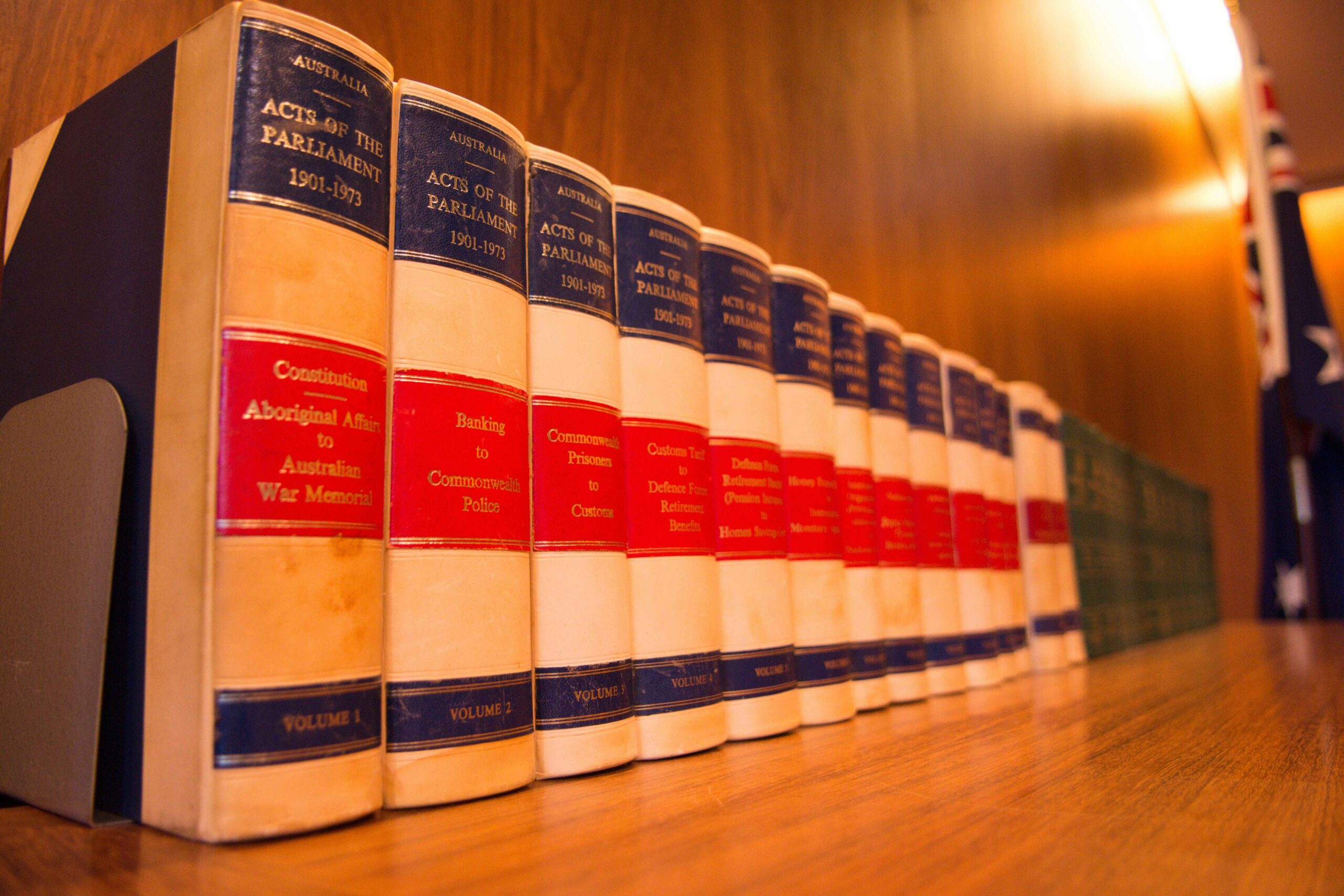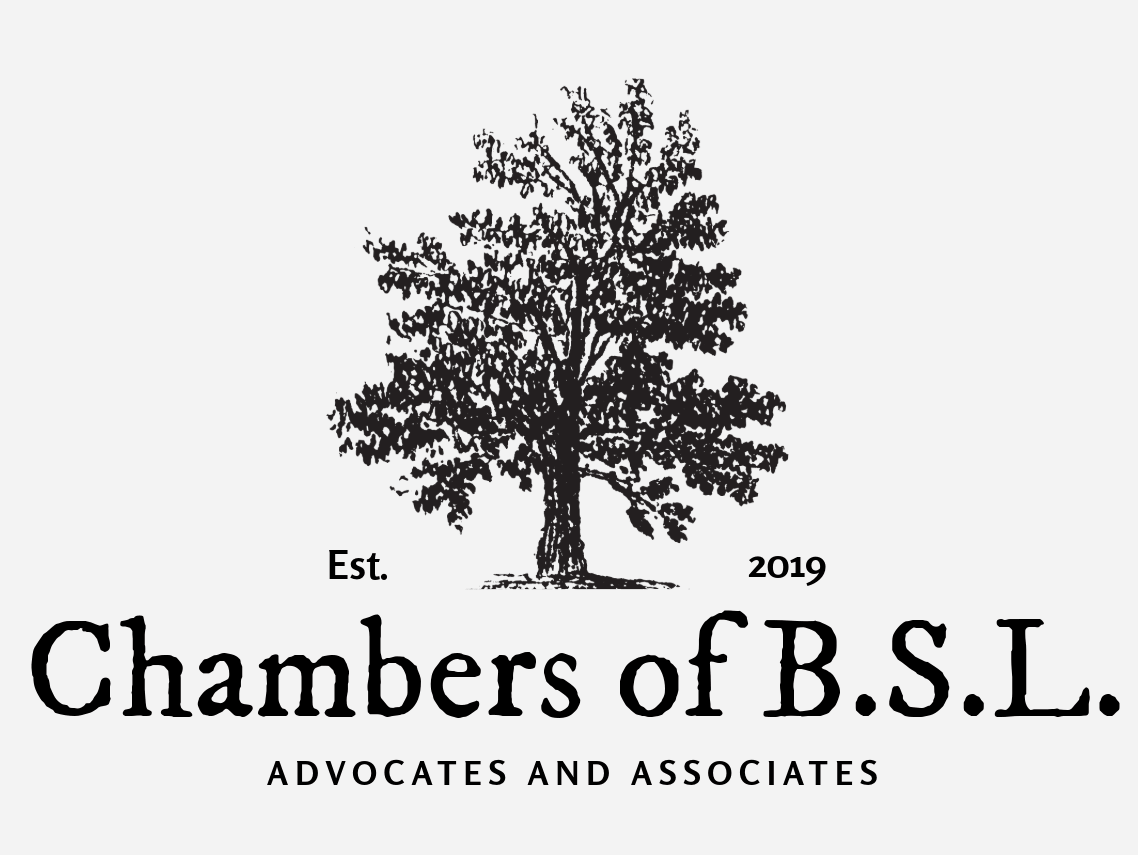
Civil Law Practice
Civil law covers a wide range of disputes between individuals, entities, or institutions that do not fall within the domain of criminal law. Civil proceedings are primarily governed by the Code of Civil Procedure, 1908 (CPC), along with relevant substantive laws depending on the nature of the dispute.
Practice in civil law involves suits for recovery of money, injunctions, partition of property, declaration of rights, contractual disputes, and tenancy matters. Proceedings often begin before District Courts and may extend to appellate stages before High Courts. Civil practice also involves interim applications for stay, injunction, or attachment, as well as execution proceedings to enforce decrees.
Civil disputes require precise drafting of plaints, written statements, affidavits, and applications, along with examination of documents and witnesses. Matters often overlap with areas such as property law, contract law, and succession law, demanding a multidisciplinary approach.
The role of civil litigation is to provide remedies in the form of damages, injunctions, or declarations, ensuring that private rights are adjudicated in accordance with law.


